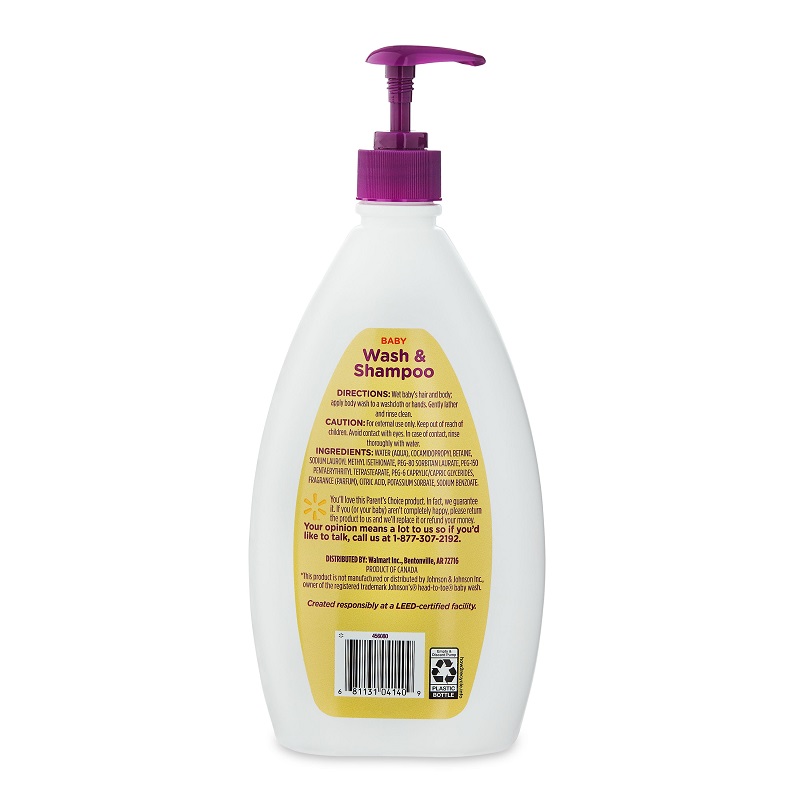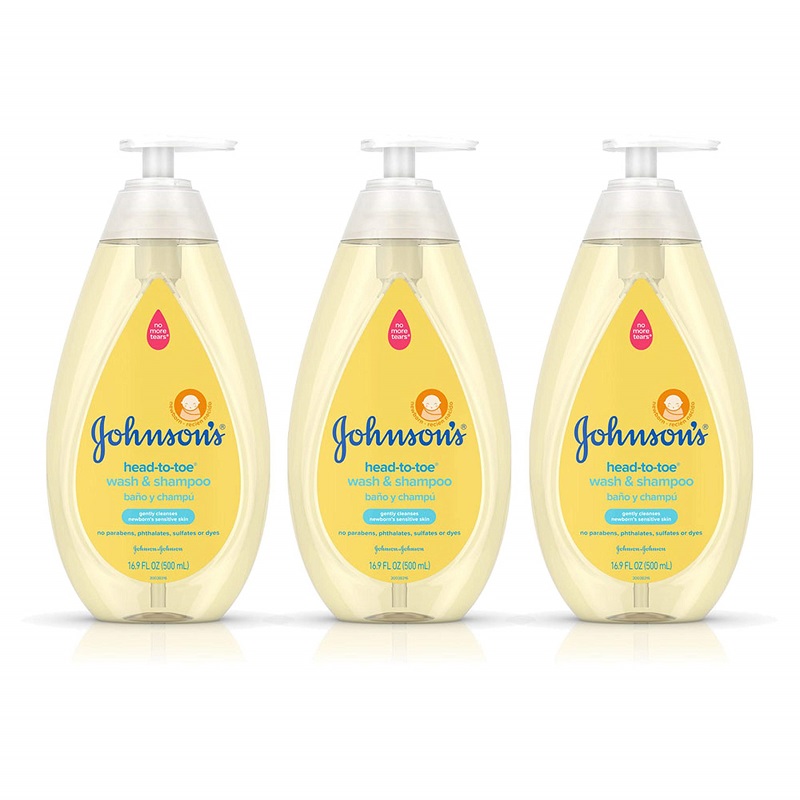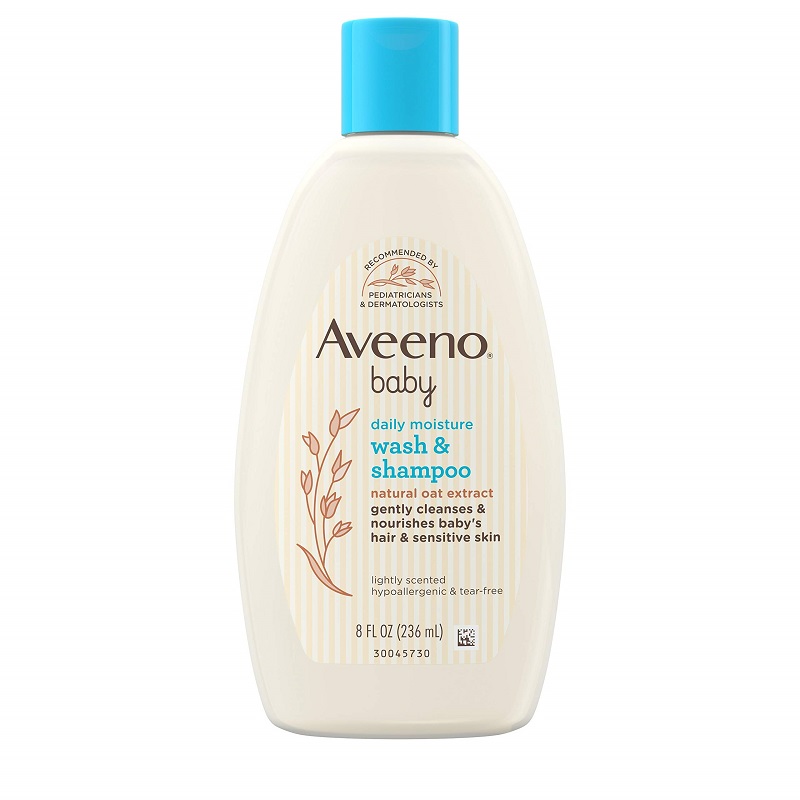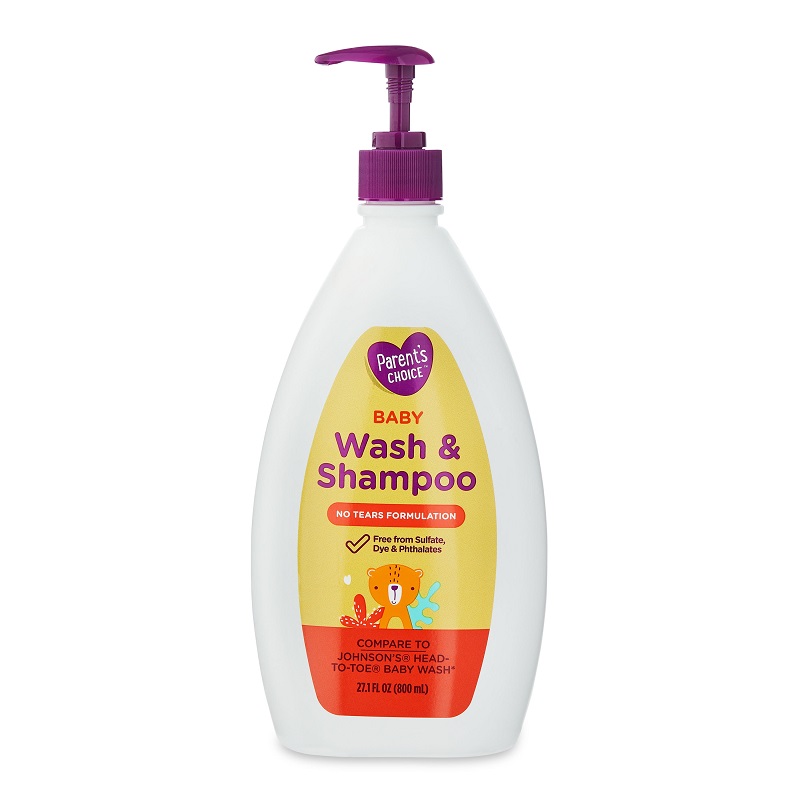Understanding Baby Skin and Hair Needs
The Delicate Nature of Baby Skin
When it comes to caring for your little one’s skin, understanding its unique characteristics is crucial. Baby skin is significantly thinner and more sensitive than adult skin, making it more susceptible to irritation, dryness, and allergic reactions. This sensitivity means that parents must be particularly careful when choosing products for bathing and cleansing. Babies have a natural protective barrier called the stratum corneum, which is not fully developed at birth. This barrier helps to retain moisture and protect against environmental irritants, but it needs gentle care to develop properly.
Using harsh soaps or shampoos can disrupt this delicate balance, leading to skin issues such as eczema, rashes, and dryness. Therefore, it’s essential to seek out baby wash and shampoo that are formulated specifically for infants. These products typically contain milder ingredients that cleanse without stripping away natural oils. Parents should always read labels carefully, looking for terms like “hypoallergenic,” “fragrance-free,” and “dermatologist-tested” to ensure they are making a safe choice for their baby.

The Importance of Natural Ingredients
In recent years, there has been a significant shift toward using natural and organic ingredients in baby skincare products. Many parents are becoming increasingly aware of the potential dangers of synthetic chemicals found in traditional baby washes and shampoos. Ingredients such as parabens, sulfates, and artificial fragrances can cause reactions in sensitive baby skin. As a result, more families are opting for products that utilize plant-based ingredients known for their gentleness and safety.
Natural ingredients like aloe vera, chamomile, and calendula are excellent choices for baby wash and shampoo. They not only cleanse but also provide soothing properties that can help alleviate irritation. For instance, aloe vera is known for its hydrating qualities, while chamomile is celebrated for its calming effects on both skin and senses. When exploring options, look for products that highlight these beneficial ingredients, ensuring that your baby’s bathing experience is as gentle and nurturing as possible.
Choosing the Right Type of Baby Wash
Liquid vs. Bar Soap: Which is Better?
One of the first decisions parents face when selecting baby wash is whether to choose liquid soap or bar soap. Both forms have their pros and cons, and the right choice often depends on personal preference and the specific needs of your baby. Liquid baby wash is generally the most popular option due to its ease of use and convenience. It can be applied directly to the skin, allowing for a thorough and gentle cleanse. Many liquid washes also come in pump bottles, making them easy to dispense with one hand—a valuable feature when handling a slippery baby!
Sensitive Skin Formulations
For babies with particularly sensitive skin, special formulations are available that cater to their unique needs. These products are often labeled as “sensitive” or “gentle” and are crafted to minimize the risk of irritation. They typically exclude common allergens and irritants, making them a suitable choice for babies prone to eczema or other skin conditions. It’s essential for parents to consult with their pediatrician if they notice any signs of skin irritation, as a healthcare professional can recommend products specifically tailored to treat and care for sensitive skin.
Selecting the Ideal Baby Shampoo
The Role of Baby Shampoo in Hair Care
While baby wash is essential for keeping your child’s skin clean, baby shampoo serves a different purpose: nourishing and cleansing their delicate hair. Infants often have soft, fine hair that requires gentle care to prevent breakage and irritation. Like body washes, baby shampoos should be formulated with mild, non-irritating ingredients to ensure they do not cause discomfort during bath time.
Natural vs. Synthetic Shampoos
As with baby washes, the debate between natural and synthetic shampoos continues in the realm of baby care. Many parents are inclined towards natural shampoos free from harmful chemicals, as they believe these products are safer for their infants. Natural baby shampoos often contain plant-based cleansers and moisturizing ingredients, providing a gentle wash without compromising on efficacy.

Understanding Labels and Certifications
What to Look for on the Label
Navigating the world of baby washes and shampoos can be overwhelming, especially with the plethora of options available. To simplify the process, it’s crucial to know what to look for on product labels. Start by checking for certifications that indicate the product has undergone rigorous testing for safety and efficacy. Certifications from organizations like the National Eczema Association or dermatological tests can provide peace of mind for parents concerned about their child’s skin health.
The Importance of Dermatological Testing
Another critical aspect to consider when choosing baby wash and shampoo is whether the product has undergone dermatological testing. Products that are dermatologist-tested have been evaluated by skin experts, ensuring they are appropriate for sensitive skin. This added layer of assurance can be incredibly comforting for parents, especially those with children who have existing skin conditions.
Bath Time Tips for a Positive Experience
Creating a Relaxing Environment
Bath time can be a fun and bonding experience for both parents and babies, but it can also be a source of stress if not approached thoughtfully. To create a relaxing atmosphere, consider dimming the lights and playing soft music. Using a warm (but not hot) water temperature is important, as it helps keep your baby comfortable and happy during the wash. Additionally, having all necessary supplies within reach can reduce fussiness; this includes baby wash, shampoo, a soft washcloth, and towels.
Tips for Washing Hair Safely
Washing your baby’s hair can be a tricky process, especially if they’re not accustomed to it. To make hair washing as smooth as possible, consider using a small cup to pour water over their head gently. This method allows you to control the flow of water, minimizing any splashes that could cause discomfort. Always start by wetting the hair with lukewarm water before applying shampoo, making sure to massage it gently into the scalp with your fingertips.
The Role of Pediatricians in Product Selection
Consulting Healthcare Professionals
When it comes to your baby’s health and well-being, consulting with healthcare professionals can provide invaluable insight. Pediatricians are trained to understand the unique needs of infants and can offer recommendations on the best products for your child’s specific skin and hair care requirements. If your baby has existing skin conditions or a family history of allergies, discussing these factors with your pediatrician can help guide your choices effectively.
Pediatricians can also recommend reputable brands and products that have a proven track record of safety and effectiveness. They stay updated on the latest research and trends in baby care, allowing them to provide informed advice tailored to your child’s individual needs. By working closely with your pediatrician, you can navigate the vast array of baby washes and shampoos available, ensuring that your little one receives the best care possible.
Monitoring Your Baby’s Reaction
Even after selecting the right baby wash and shampoo, it’s essential to monitor your baby’s reaction to new products. Every child is different, and what works for one may not work for another. When introducing a new product, consider doing a patch test on a small area of your baby’s skin to check for any adverse reactions. If you notice redness, irritation, or excessive dryness, discontinue use immediately and consult your pediatrician for alternative recommendations.

Conclusion: Prioritizing Your Baby’s Care
Choosing the right baby wash and shampoo is an integral part of caring for your little one. With their delicate skin and hair requiring gentle attention, parents must prioritize quality, safety, and comfort in their product selections. By understanding the unique needs of baby skin, considering natural ingredients, and consulting with healthcare professionals, you can create a nurturing bathing routine that supports your child’s health and well-being.
